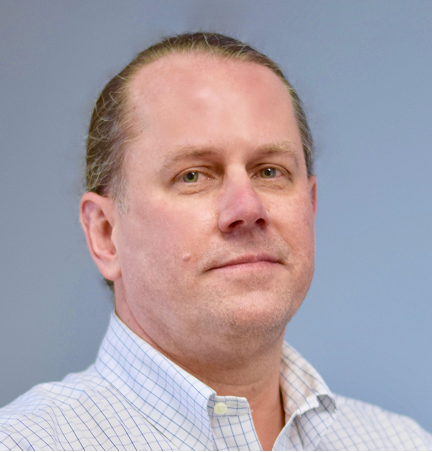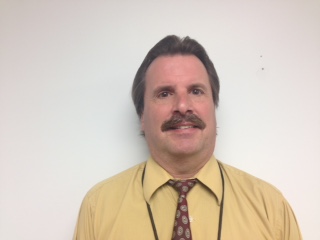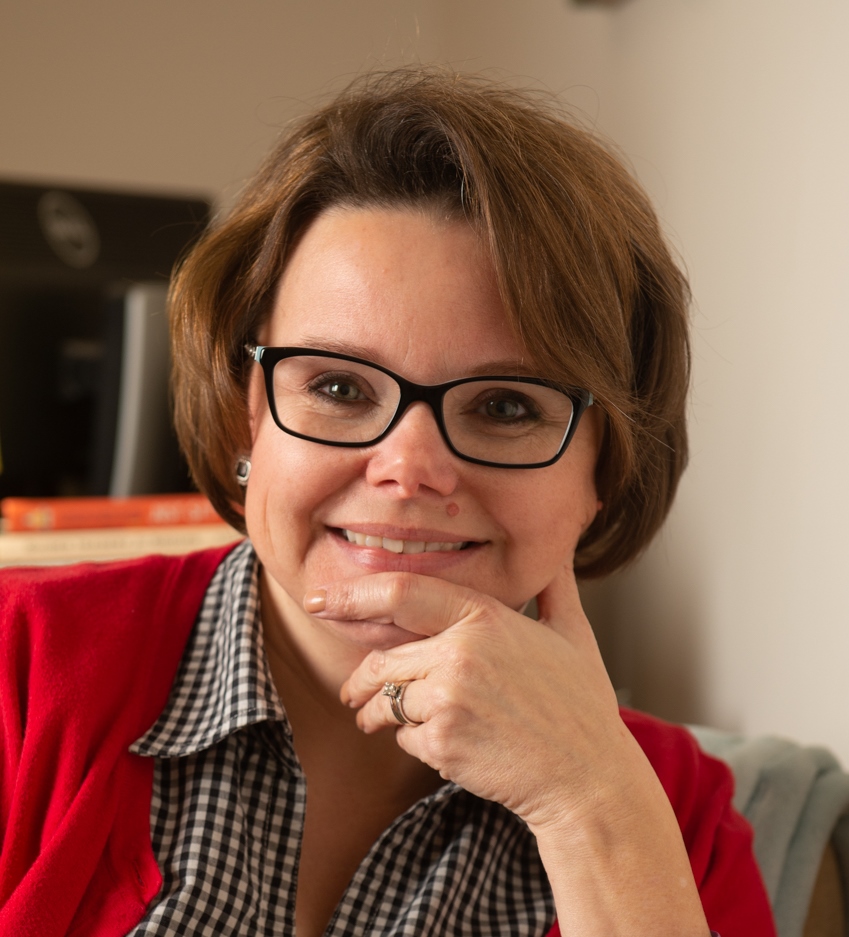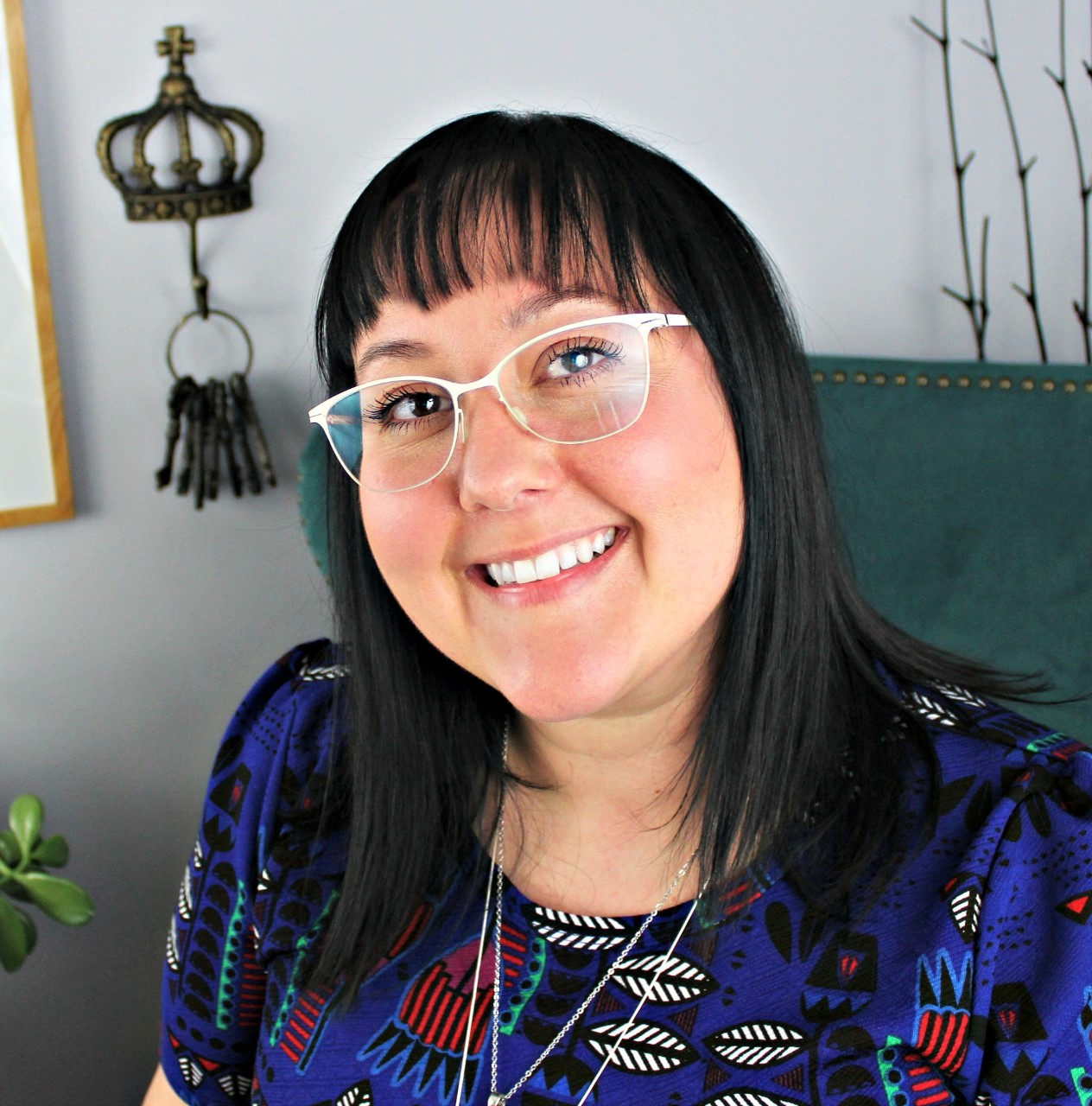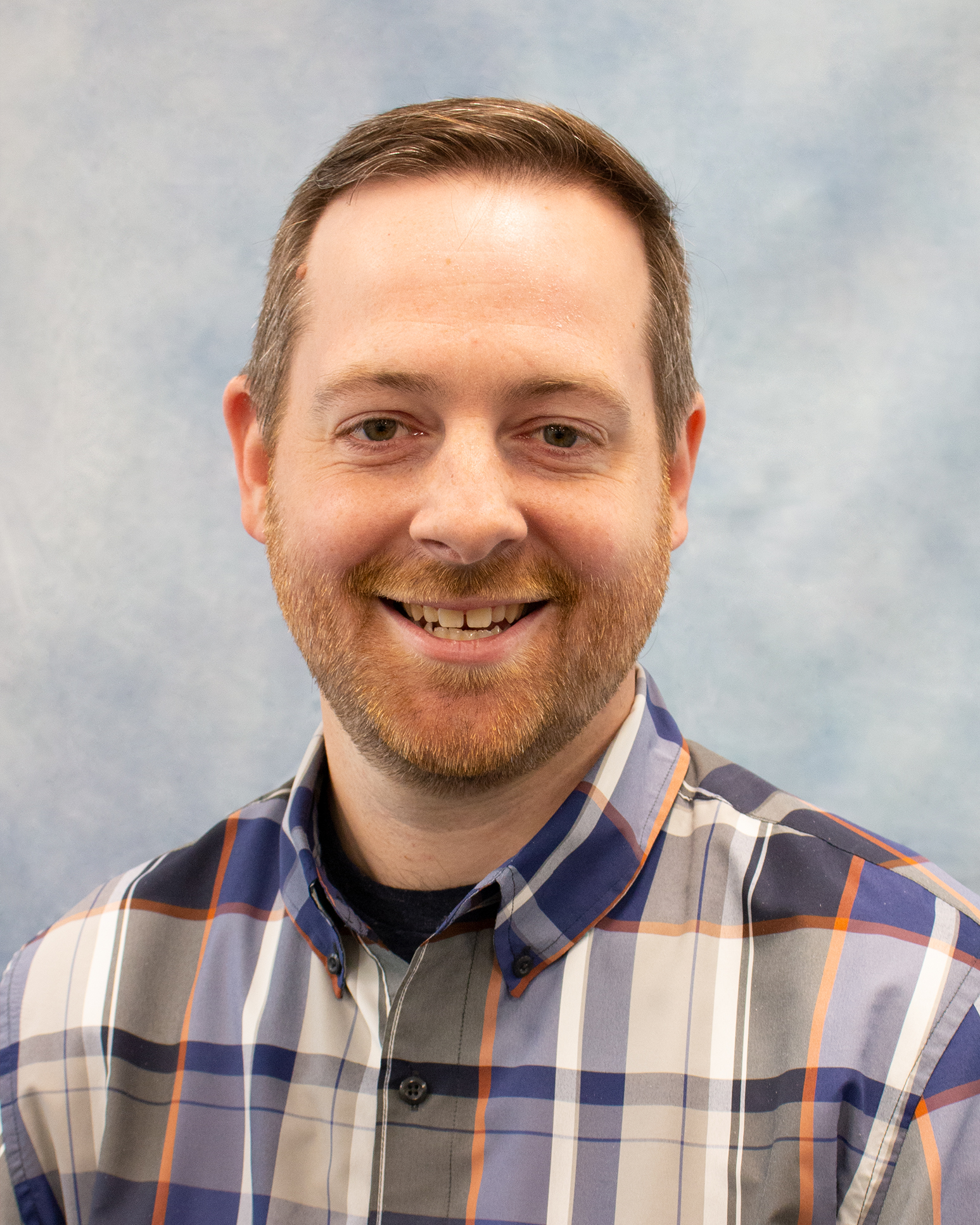Lindsay, Ryan, MSW, LCSW
Ryan Lindsay’s career has focused on training new and experienced providers in various evidence-based treatments, consulting with organizations on how to implement evidence-based programs, and aiding organizations in program development utilizing evidence-based principles. At the Brown School he chairs, teaches and advises students within the Mental Health concentration in the Master of Social Work program.
Lindsay completed a post-master’s fellowship in the Department of Psychiatry and Social Work within the University of Michigan Health System. As a result, he developed specialties in several evidence-based treatments. Currently, he is a Certified Dialectical Behavior Therapist by the Linehan Board of Certification, an expert in the application of Prolonged Exposure Therapy for complicated PTSD, and a trainer in Motivational Interviewing.
Lindsay’s early experience working in both the public and private sectors sparked a desire to increase community access to evidence-based treatments and programs. In 2009, Lindsay co-founded the St. Louis Center for Family Development, a social enterprise which provides mental health services that are trauma-informed and evidence-based.
Presentation(s):
The Ethical Case for Prioritizing Suicide Prevention in Training, Practice and Systems, Part I
The Ethical Case for Prioritizing Suicide Prevention in Training, Practice and Systems, Part II

